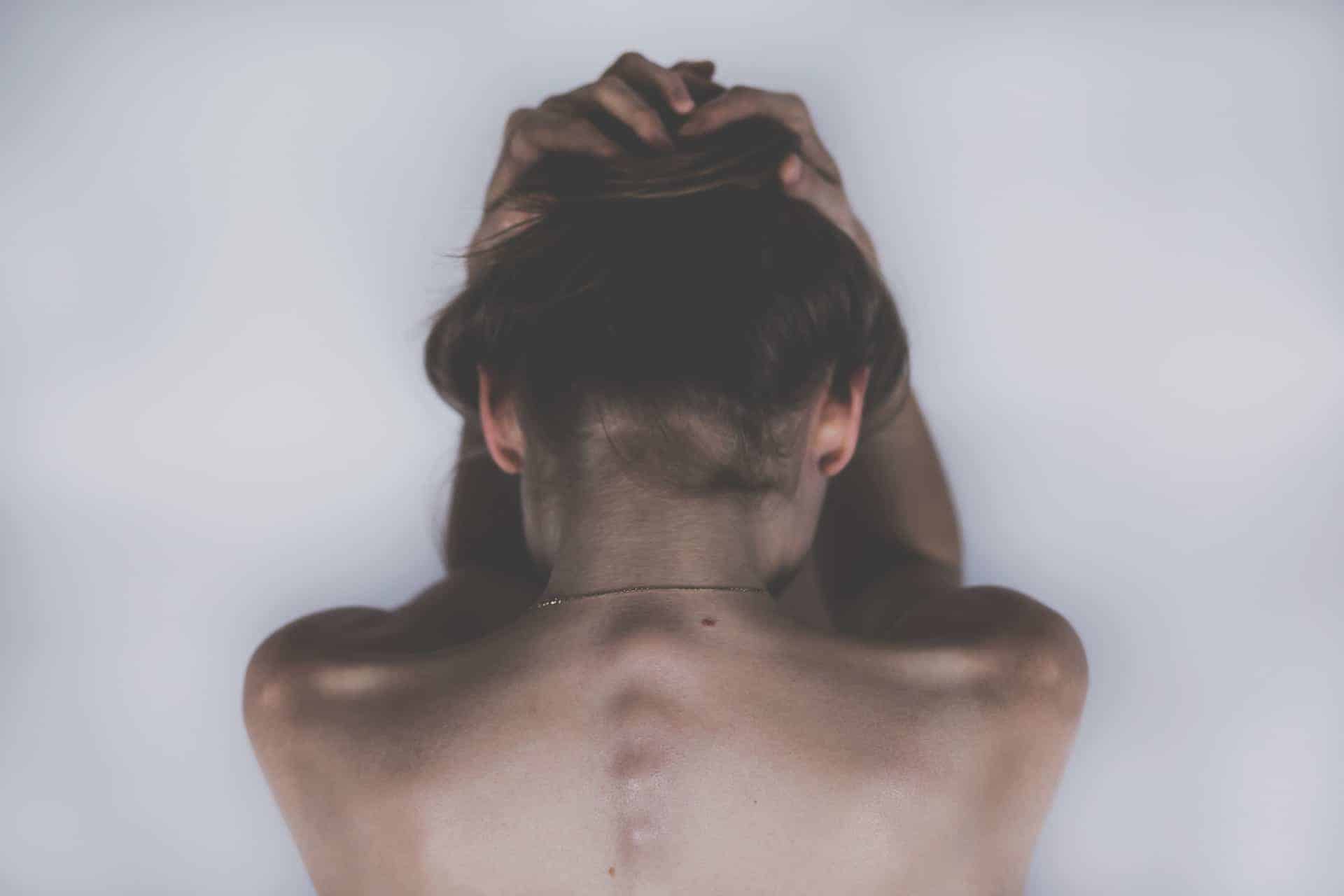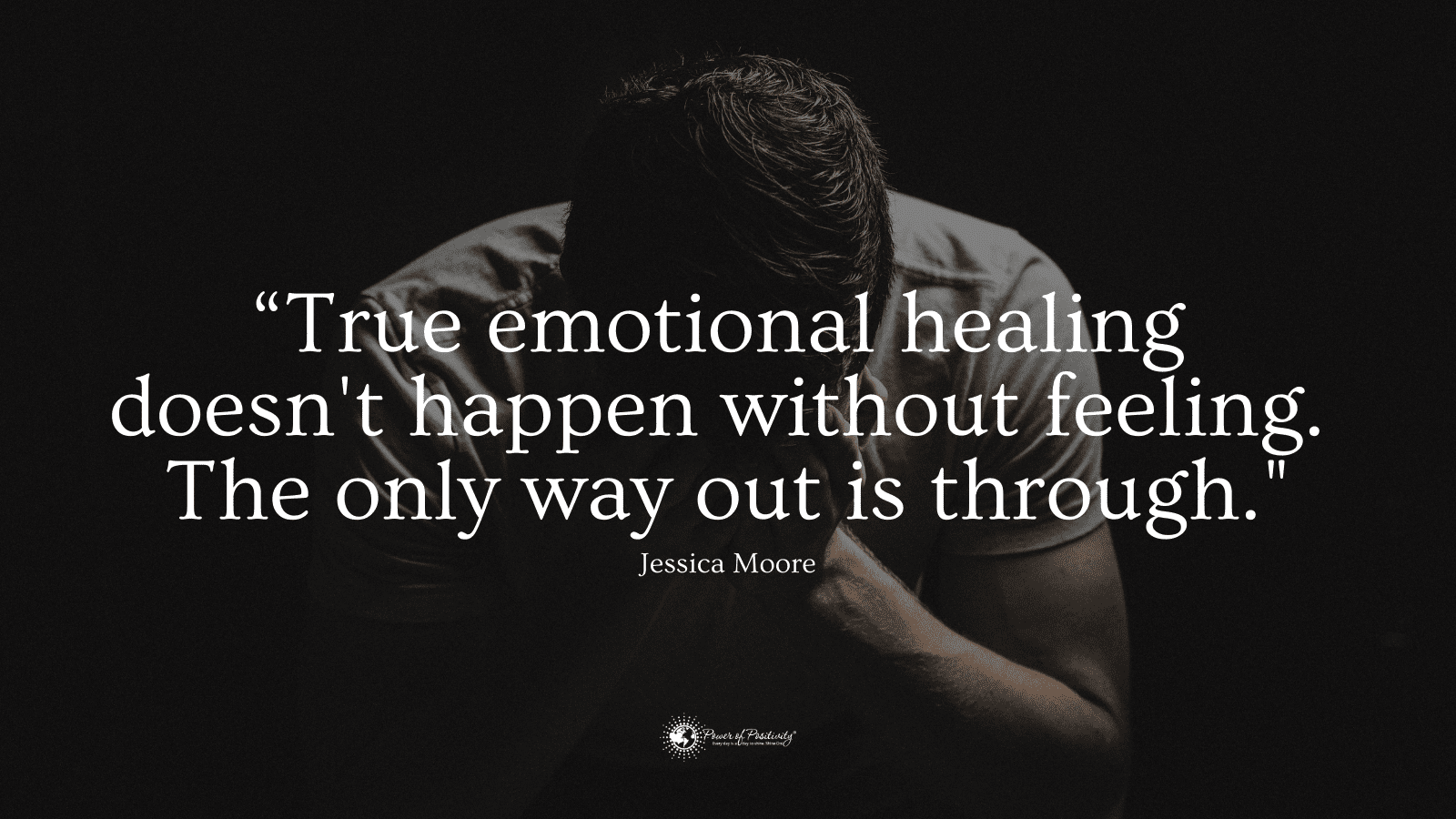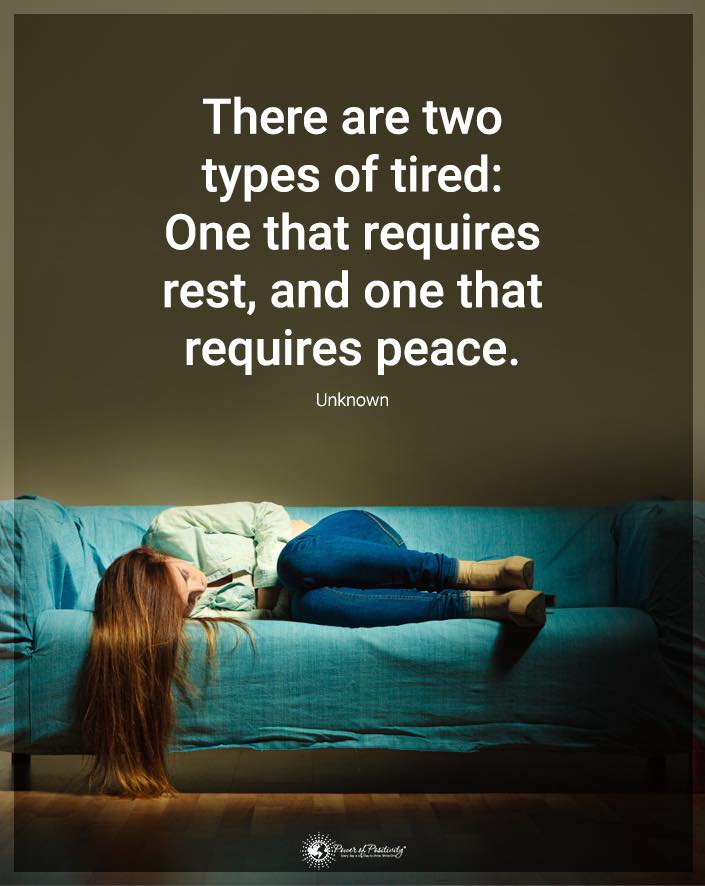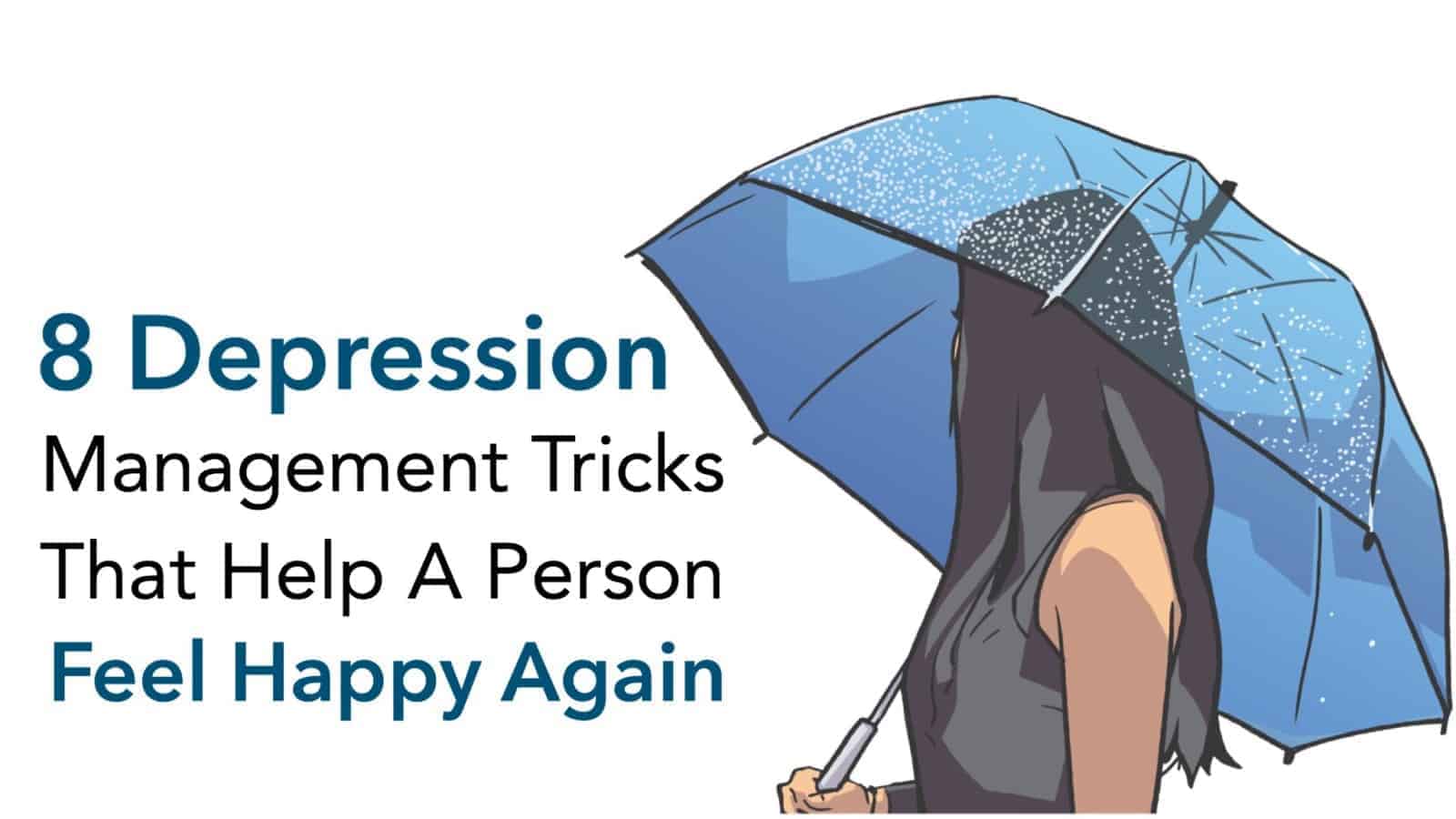Anyone with signs of depression knows it’s more than just a prolonged sadness. While sadness can indeed hurt, depression is all the more painful with how it drains you of any feeling whatsoever. It can feel like you’re a stranger to everyone, including yourself.
This article isn’t meant to invalidate men’s mental health experiences in any way. Mental health does not discriminate. Though men and women may experience depression differently, we have chosen to write this article about women. If you are a man or know a man who is also experiencing these symptoms, we hope that you take note, practice self-care, and get professional help if needed.
There are a variety of factors that can be the reason for depression, from heritage to environmental causes. No matter the cause, you need to be aware of the signs of depression.
8 Main Causes of Depression in Women
Depression is a complicated mental health disorder that affects millions of people worldwide. While depression can impact anyone, women are more likely to experience depression than men.
1 – Hormonal changes
One of the leading causes of depression in women is hormonal changes. Women’s bodies undergo hormonal fluctuations throughout their lives, including during puberty, menstruation, pregnancy, and menopause. These changes can lead to fluctuations in mood and increase the risk of depression.
For example, women may experience premenstrual syndrome (PMS) symptoms during menstruation, such as irritability, mood swings, and anxiety. Some women may also experience premenstrual dysphoric disorder (PMDD), a severe form of PMS that can lead to depression and suicidal thoughts.
Pregnancy and postpartum periods can also lead to depression. Many women experience a type of depression called postpartum depression, which can occur up to a year after giving birth. The hormonal changes during pregnancy and childbirth can contribute to this depression.
2 – Trauma and stress
Traumatic events and chronic stress can also contribute to depression in women. Women are likelier to experience sexual assault, domestic violence, and other forms of abuse than men, and these experiences can lead to depression.
Chronic stressors, such as financial difficulties, work-related stress, and caregiving responsibilities, can also increase the risk of depression. Women are more likely to perform caregiving responsibilities for children, elderly parents, and other family members, which can lead to chronic stress and increase the risk of depression.
3 – Genetics
Genetics can also play a role in the development of depression. Women with a family history of depression are likelier to develop the condition. Researchers have identified several genes that may increase the risk of depression, although the exact role of genetics in depression is not yet fully understood.
4 – Body image and self-esteem
Body image and self-esteem issues can also contribute to depression in women. Women hear constant messages about how they should look and act, and these societal pressures can lead to the ideation of inadequacy and low self-esteem.
Women who struggle with body image issues or have experienced negative comments about their appearance may be more likely to develop depression.
5 – Lack of social support
Social support is critical for maintaining good mental health. Women who lack social support may be at increased risk of depression. Women who are isolated, live alone, or lack close relationships with friends and family may be more likely to develop depression.
6 – Chronic illness and pain
Chronic illness and pain can also contribute to depression in women. Women are likelier than men to develop autoimmune diseases like lupus and multiple sclerosis, which can lead to chronic pain and other symptoms. Chronic pain and illness can impact a person’s quality of life and lead to hopelessness and depression.
7 – Hormonal contraceptives
Hormonal contraceptives, such as birth control pills, can also contribute to d a mental health decline for females. While research on the link between hormonal contraceptives and depression is mixed, some studies have found that women who use hormonal contraceptives are likelier to experience depression.
8 – Substance abuse
Substance abuse can also contribute to depression in women. Women who abuse drugs or alcohol may be more likely to develop depression as a result of the substance abuse. Additionally, women who have a history of substance abuse may be more likely to develop depression in the future.
Nine Signs of Depression in Women that you Should Not Ignore
1 – Low energy
Depression can be downright exhausting. When you’re going through depression, it can be easy to feel fatigued, even after a full night’s sleep. It’s no wonder, though. Depression is stressful and stress saps us of our energy.
2 – Unhealthy sleep
One’s depression might make them stay up all night or it might make them throw away their whole day in bed. A sign of depression in women is this inconsistency. These unhealthy sleep patterns can wreak further havoc on their mind.
3 – Despair
Feeling hopeless about the past, present, and future is a large sign of depression in women. When one is depressed, they ruminate on things that are out of their control. They try to not think of these things, but that can lead them back to the thoughts.
4 – Irritability
Not only does depression make one feel sad, it can also make them feel angry. When depressed, one can develop a particularly short fuse. You might not mean to lash out, but the stress on your mind overwhelms you. This sign of depression can make relationships very difficult to maintain.
5 – Eating difficulties
Just like with sleeping, eating habits can shift with depression. Some find themselves eating much more in order to fill some void, while others have no appetite to speak of. Depression in women can cause eating habits to become very inconsistent and unhealthy.
6 – Loss of interest
A large sign of depression is when things that used to excite you no longer do. Previously enjoyable activities such as creative arts or sex can become mundane and difficult. This is a sign of depression in women that is particularly difficult to deal with, as many can worry they’ve lost their love for their passions forever.
7 – Suicidal thoughts
When depressed, one can feel like no hope is left for them. The world can seem so bleak and uninviting that they believe suicide is their only viable option. Even if one doesn’t attempt or have any serious intention to commit suicide, they might still find their thoughts shifting to what it would be like if they were no longer around.
8. Feeling empty
Depression can feel like a part of you has been permanently excavated. You can seem like everything that made you who you are is gone. Because there’s such a pall of discontent riding over you, everything can seem worse than it is.
9 – Trouble focusing
Are you spacing out in conversations, unable to remember what the other person said a minute ago? Depression can make concentration extremely difficult. One might want to distract themselves from negativity, but it’s easier said than done.
Final Thoughts on Recognizing the Signs of Depression in Women
Now that you know how to recognize a sign of depression in women, the most important thing to do is to understand and accept them. If you believe you are depressed, you should seek professional help. A trained therapist will provide the absolute best in helping you cope with your depression.
Recognizing each sign of depression in women should not make you feel any further guilt or shame. Instead, it should help you realize how much strength you have. By taking the time to understand your mind, you’ll be even closer to recovery. Just ensure you are willing to go through vital self-care, such as eating properly and getting enough exercise. Depression can feel like it will forever consume you, but you can learn to keep it at bay.
















 Community
Community

